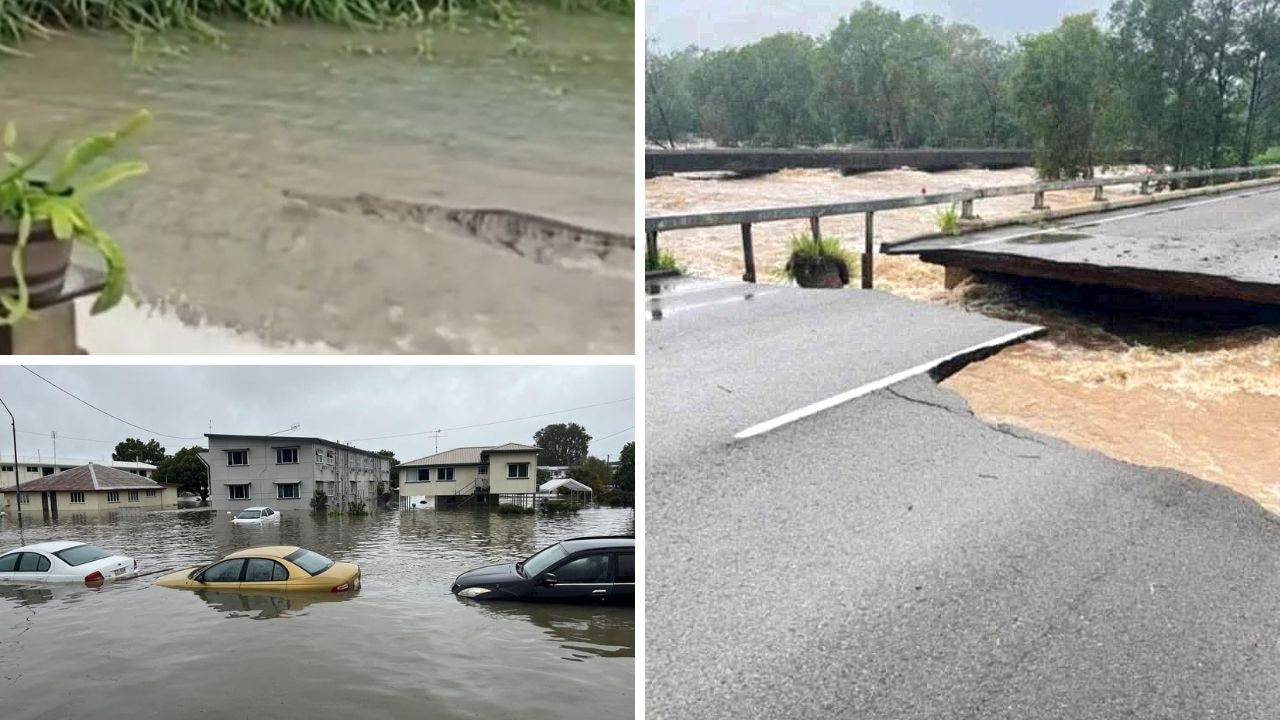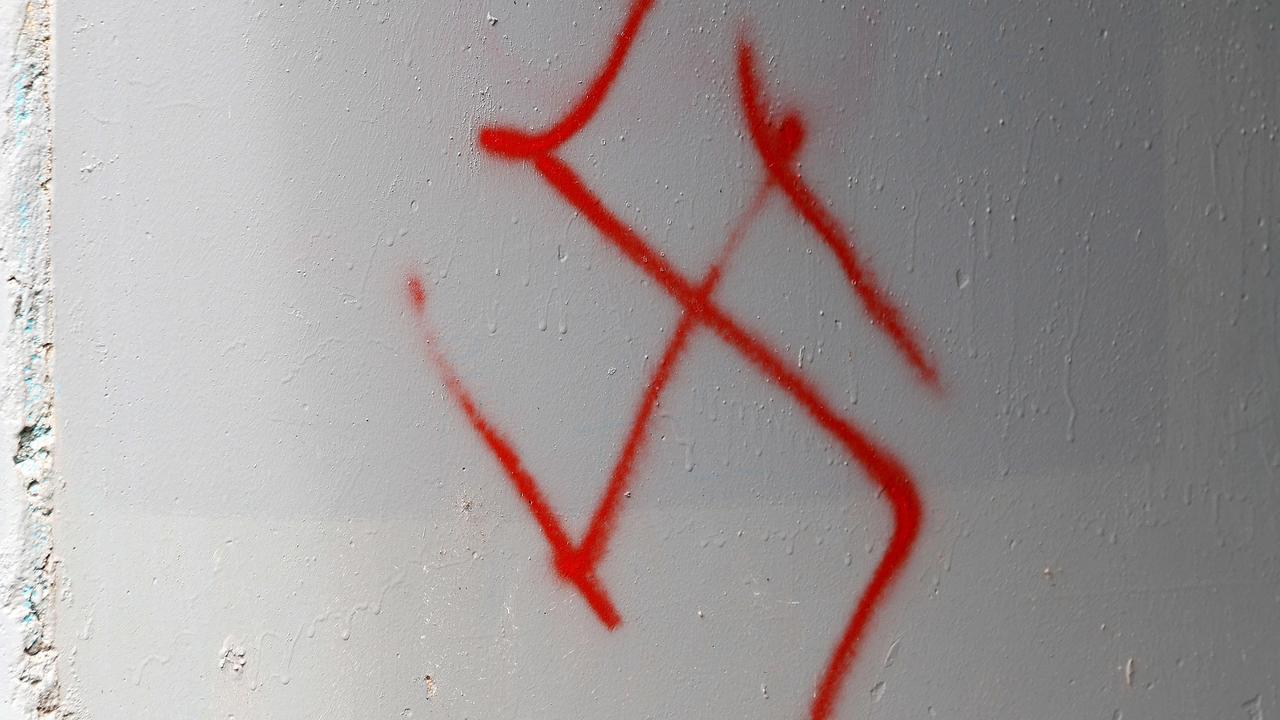South American cartels infiltrating Queensland, ABF reveals
South American cartels are infiltrating Queensland, authorities say, as they admit to being on high alert for drugs smuggled in submarines and inside imported cars and shipping containers.
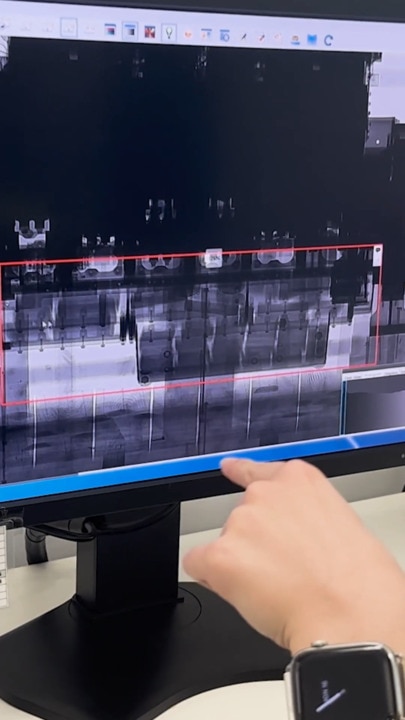
Police & Courts
Don't miss out on the headlines from Police & Courts. Followed categories will be added to My News.
South American cartels are infiltrating Queensland, authorities say, as they admit to being on high alert for drugs smuggled in submarines and inside imported cars and shipping containers.
Australian Border Force Acting Commander Troy Sokoloff said Queensland’s massive coastline made monitoring for drug activity “complex” and that the ABF was reliant on “our intelligence and also the community” to combat truck trafficking operations.
Mr Sokoloff confirmed the ABF was monitoring the movement of drugs originating from South America, as well as other parts of the world.
“We are seeing a possible slight increase in the detection of illicit drugs originating in South America, which does raise the potential for increased cartel activity,” he said.
“This is obviously something that would concern the Australian Border Force significantly.”
Mr Sokoloff also revealed the ABF had “recently engaged with offshore partners” about the new role drug-smuggling submarines were playing in drug distribution.
“We’re seeing that the serious organised crime groups are becoming more brazen, the imports are larger, they are using a whole array of different methods to get cocaine into the market and I think a really big part of that is how much the Australian community will pay for these illicit drugs,” he said.
“They pay some of the highest prices in the world, which therefore creates a market.
“And (the threat of submarines) is certainly an emerging methodology that we are monitoring very closely – it’s definitely on our radar.”
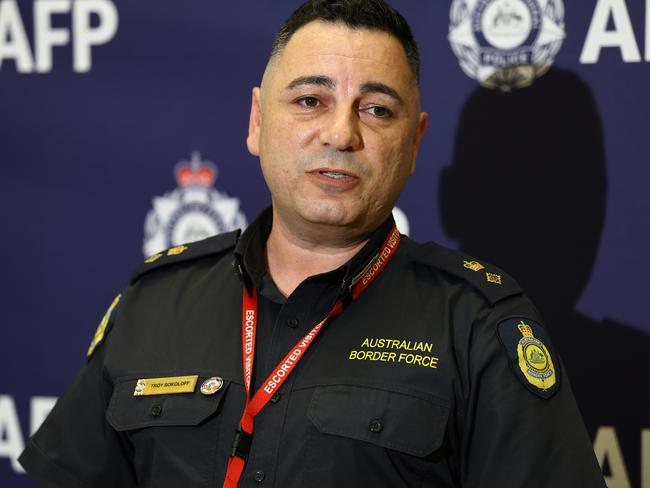
While drug smuggling operations had increased on “all fronts”, Mr Sokoloff said sea imports were the method of choice for criminal syndicates.
“(Serious organised crime groups of all kinds) certainly target our border and the fact that we are an island … we’ve seen that mother-daughter ship scenario a number of times,” he said.
“It is a common methodology at this time and I think merely due to the size of our border … it makes it very difficult in some cases to target.”
He said an operation in Queensland, NSW and Victoria targeted illicit drugs being concealed in new vehicles shipped to Australia by a “trusted insider in the car factory overseas”.
It is understood the vehicles were predominantly exported from Europe and South America.
The main factories targeted included Peugeot, Renault and Citroen.
“Basically there is a trusted insider offshore and they will place the drugs in the vehicle and tracking devices … they were actually replicating the keys so once (the vehicle) arrived onshore, if it hadn’t been detected and someone had taken the vehicle, (the criminal syndicate) could steal the drugs,” Mr Sokoloff said.
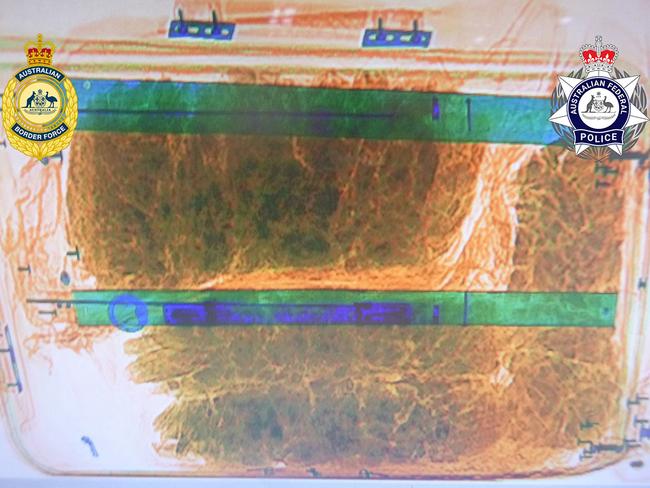
ABF officers had also noted an increase in illicit drugs being concealed in refrigerated containers or, even more brazenly, simply thrown into sport bags.
“We have also noticed a bit of an increase in passengers in the aviation sector being drug mules,” Mr Sokoloff said.
A Canadian tourist was this year busted with more than $13m of meth allegedly concealed in her luggage at Brisbane International Airport.
The woman allegedly had 14.4kg of the drug in her suitcase when she arrived in Queensland on a flight from Fiji on July 28.
The woman was selected for a baggage examination at Brisbane International Airport where officers allegedly found the drugs concealed in plastic packages which had been wrapped inside vinegar-soaked towels and layered with coffee beans.
The Australian Federal Police (AFP) charged the Canadian national with one count of importing a commercial quantity of a border-controlled drug.
Her case remains before the courts.

